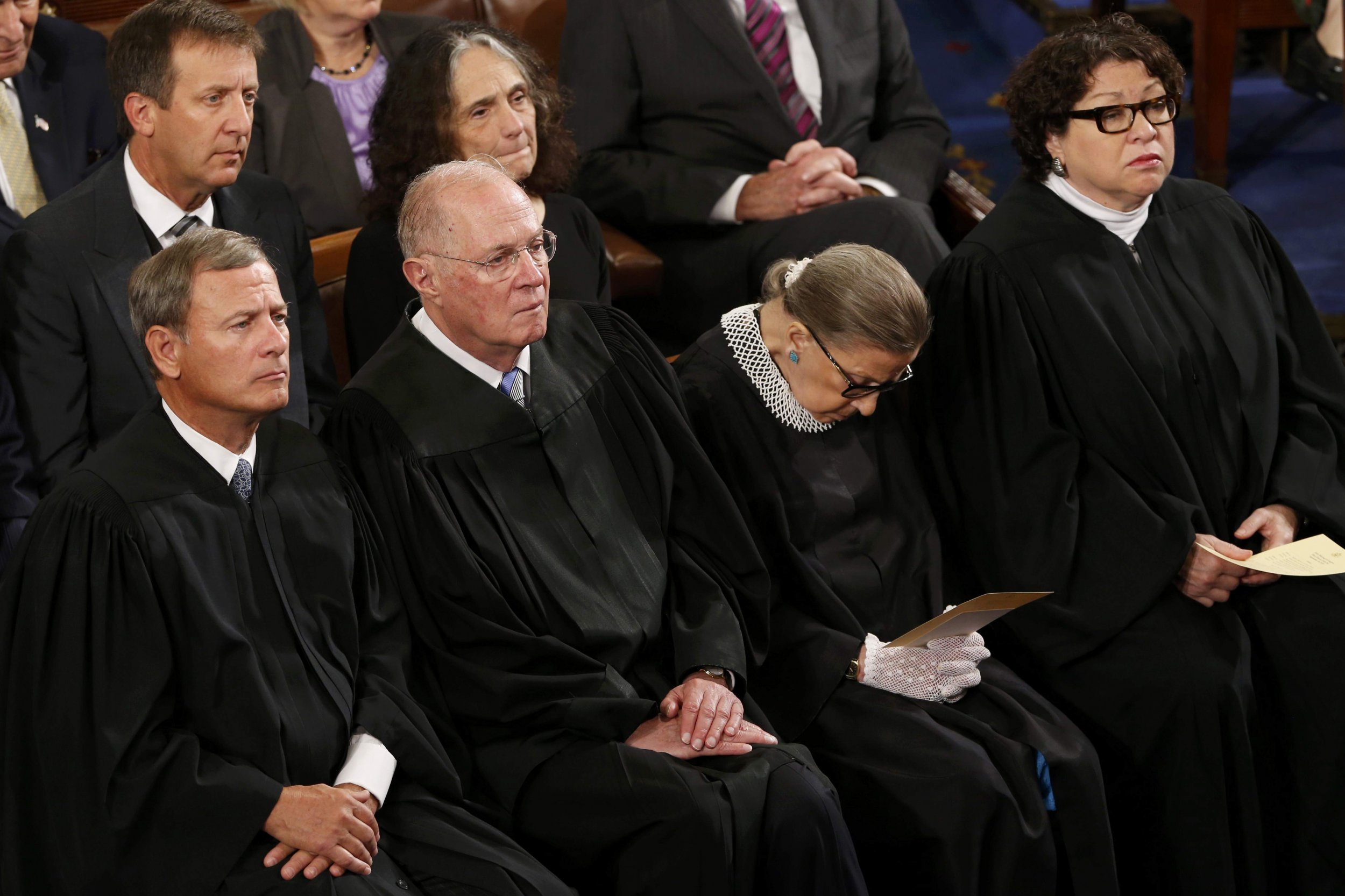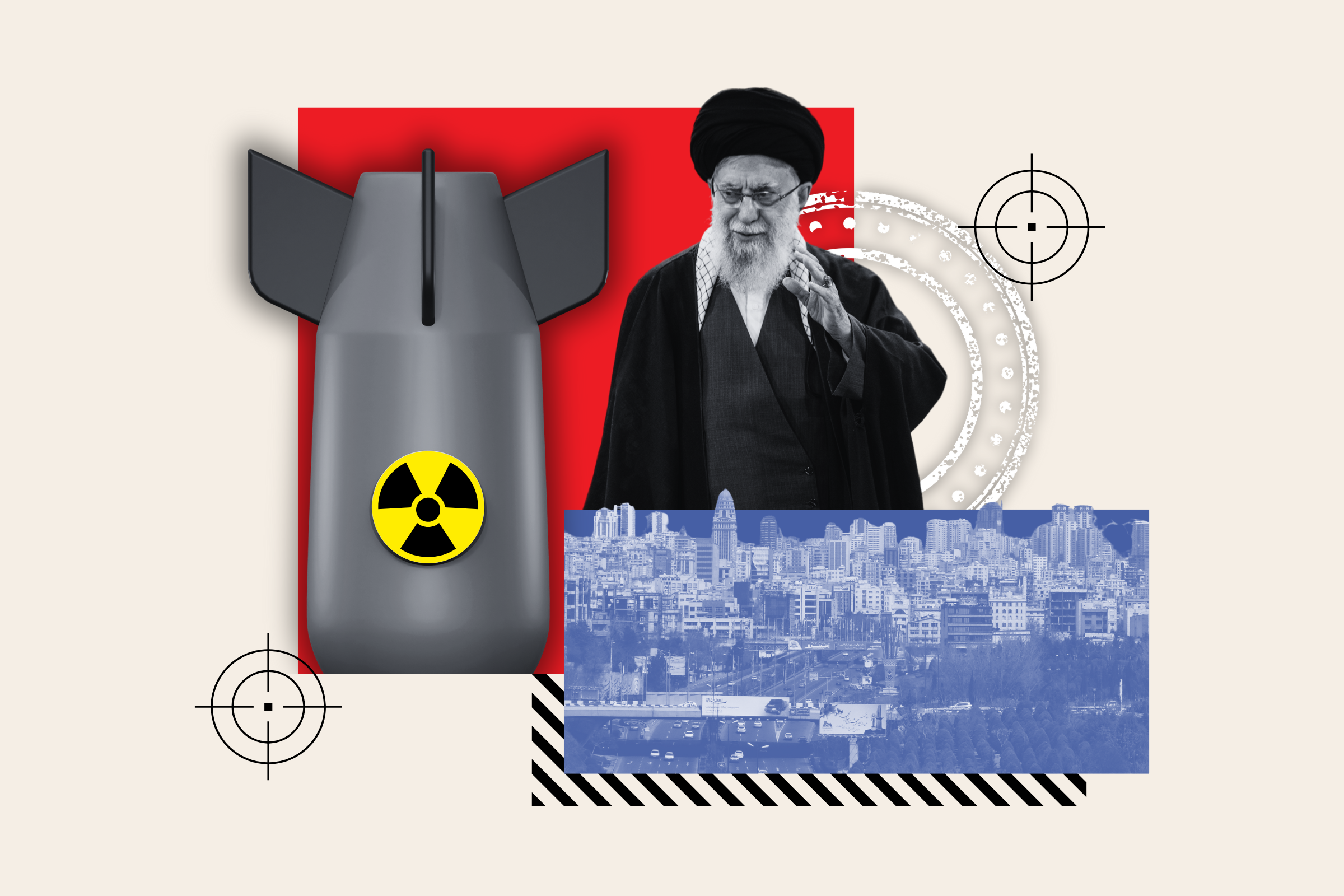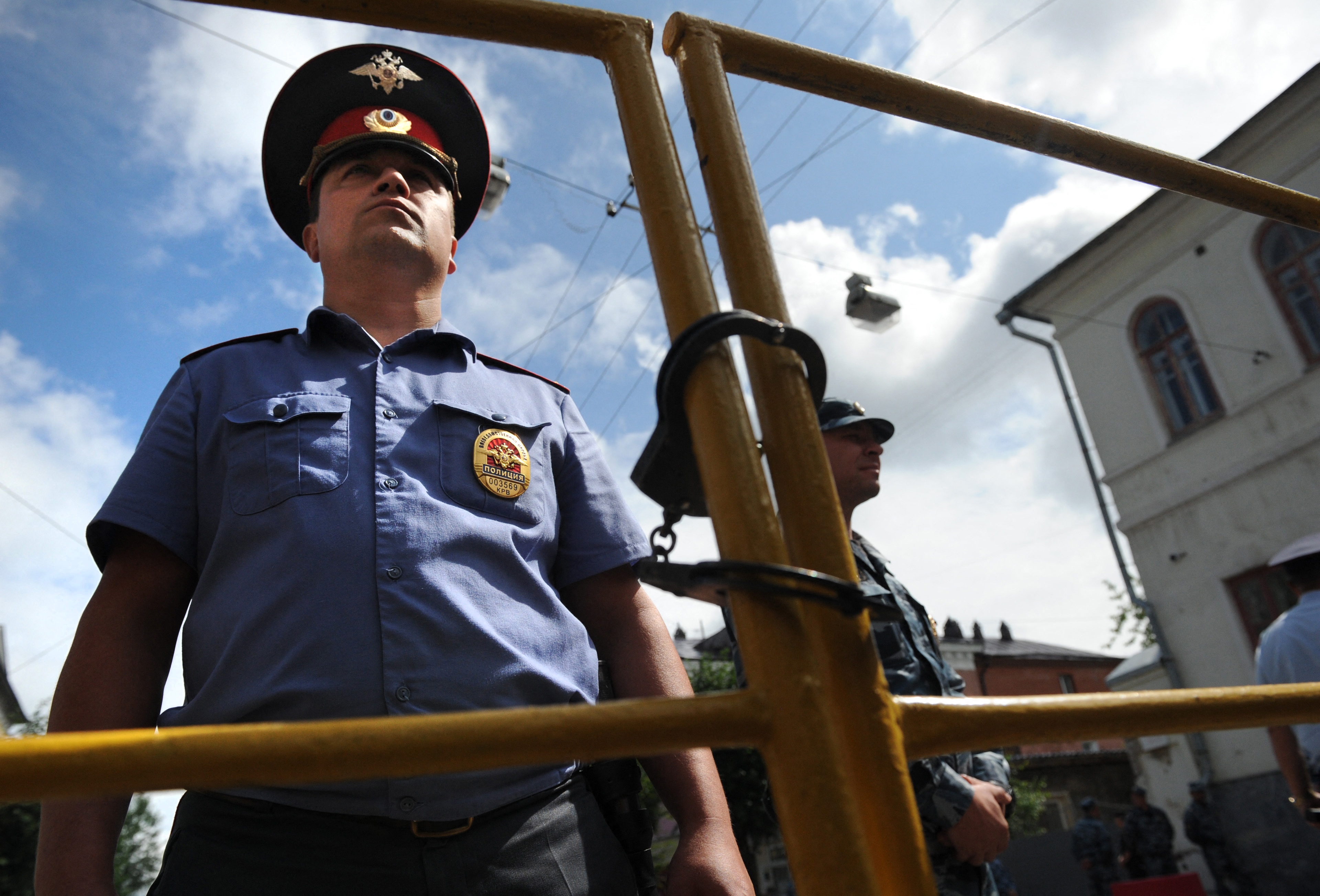
New York City recently weighed in on Evenwel v. Abbott, a U.S. Supreme Court case that could overhaul voting districts. The issue at hand: Should state governments only count eligible voters, not total population, when mapping out voting districts? The justices are scheduled to hear the case in December.
New York City has filed a brief arguing that government should count everyone, not just eligible voters.If the court sides with the eligble-voters-only principle, children, immigrants and felons would be excluded from state voting districts. New York City, of course, is a city of immigrants, with its foreign-born population having already hit 3 million, according to a 2013 report based on 2011 numbers. That's some 37 percent of the city's population.
Evenwel's impact could extend beyond state politics: Legal experts believe precedent set in the case could be applied to local and congressional voting districts.
Los Angeles and the County of Los Angeles, along with 17 other urban centers, filed an amicus similar to New York City's in September.
Richard Dearing, chief of the appeals division, New York City Law Department, recently spoke about the city's involvement. He says that the core message of the brief is that New York City, as well as other municipalities and states, have drawn districts based on total population for philosophical and practical reasons.
"It reflects a fundamental truth that the government answers to all its people," he says, explaining: "not just the people who vote or the people who vote for a particular representative."
Cities would be dramatically affected by voters-only districting, he says.
"Cities in particular are so involved in the day-to-day lives of their citizens, probably to a much greater degree than states or the federal government, in providing services like education and transportation—and other important services that people use every day," he says. "For government to be effective, we are here to provide those services to everyone in the city, not just the voters.
"That aspect of government and how government works is very important to keep in focus in this case, rather than just the question of who goes into polling booths and casts votes."
Dearing emphasizes that New York City isn't the sole municipality to file an amicus: "Our filing is a part of a very big a large amt of activity in this case," he says. However, New York City could be hit especially hard by a reversal of "one person, one vote."
"In this city, a change in the metric for drawing districts will hit some neighborhoods very hard in terms of the degree of representation," he says. "I dont know how much that aspect or trend carries over to other cities, but it's very pronounced in New York. Maybe it's because it's a very diverse city, and there continue to be a lot of ethnic enclaves."
Uncommon Knowledge
Newsweek is committed to challenging conventional wisdom and finding connections in the search for common ground.
Newsweek is committed to challenging conventional wisdom and finding connections in the search for common ground.
About the writer
Before joining Newsweek, Victoria Bekiempis worked at DNAinfo.com New York and the Village Voice. She also completed internships at news ... Read more
To read how Newsweek uses AI as a newsroom tool, Click here.





